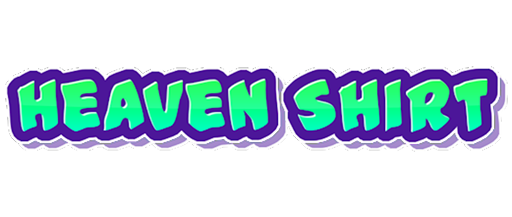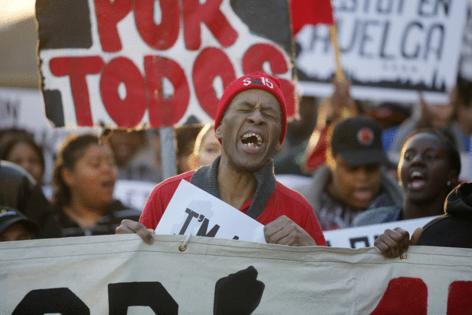Hot New
Chicago’s minimum wage is now $15 per hour. Here’s what to know
Chicago’s minimum wage is now $15 per hour. Here’s what to know
Chicago’s minimum wage is now at $15 per hour, four years before the state is set to reach that bench mark.
Groups like Fight for $15 have been lobbying for those increases for years, and a handful of large retailers have already boosted wages to that level or higher. Some announced raises for essential workers during the COVID-19 pandemic last year. Others have boosted pay more recently as they’ve struggled to attract new hires.Still, the city estimates more than 400,000 people will get a raise due to the minimum wage increase.
“This is a happy day,” Mayor Lori Lightfoot said at the Painters District Council 14 headquarters Thursday, calling Chicago’s minimum wage increase “one of the most critical pieces of legislation to be introduced during my administration.”
Patricia Evans, a home care worker with Help at Homes, said she earned $9.10 when she started at the company about eight years ago, and was making a little more than $14 per hour until Chicago’s minimum wage increase took effect Thursday.
“People who are impacted need to speak up and explain the wage they’re getting isn’t livable and it isn’t just,” said Evans, 68, of Stony Island Park, who said she has lobbied for minimum wage increases as a member of her union, SEIU Healthcare.Here’s what you need to know about the changes.
What are the new Chicago minimum wages?
Employers with at least 21 employees must pay $15 per hour as of Thursday. Smaller companies’ minimum wage is $14 per hour. Domestic workers, including people providing home health, child care or cleaning services, will see their pay increase to $15 per hour starting Aug. 1.
For workers earning tips, the minimum wage goes up to $9 or $8.40, depending on the employer’s size. Employers have to make up the difference if their tips don’t get employees to $15 per hour.
Will there be future increases?
For large employers, this is the last annual $1 per hour raise in Chicago under a plan approved by the city in 2019. Future minimum wage increases will be based on the rate of inflation.
Smaller employers will see the minimum wage increase $0.50 per year until it reaches $15 per hour in 2023.
Cook County’s minimum wage for employees who don’t earn tips will remain at $13 per hour because its unemployment rate was at or above 8.5% last year. When unemployment hits that level, the county’s rate will only increase if it falls below state and federal minimums.
The county did increase its minimum wage this year for tipped workers to match the state’s wage.
Illinois’ minimum wage increased to $11 per hour, or $6.60 for tipped workers, in January. The state’s minimum wage is set to increase by $1 per year until it reaches $15 per hour in 2025.More than 400,000 people will see their pay increase with Chicago’s jump to $15 per hour, according to a news release from the city.
Some big employers have already adopted a $15 per hour minimum wage nationwide, including Target and Best Buy, which announced the increases last year. Costco raised its minimum wage to $16 per hour earlier this year and Amazon, which raised starting wages to $15 per hour in 2018, said its open roles now average at least $16 per hour, plus sign-on bonuses of up to $1,000.
McDonald’s said it would increase wages at company-owned restaurants by an average of 10% in May, as the company looks to hire about 10,000 employees over the next three months. That brings entry-level wages to $11 to $17 per hour and starting wages for shift managers to $15 to $20 per hour depending on the restaurant’s location, the company said.
The company did not say whether employees in Chicago typically earned $15 per hour before the minimum wage increase.The federal minimum wage, $7.25 per hour, hasn’t changed since 2009.
A bill that would have raised the federal minimum wage to $15 by 2025 was introduced in Congress in January and Democrats pushed to include a federal minimum wage increase in the COVID-19 stimulus package earlier this year, but the measure did not make it into the final bill.

